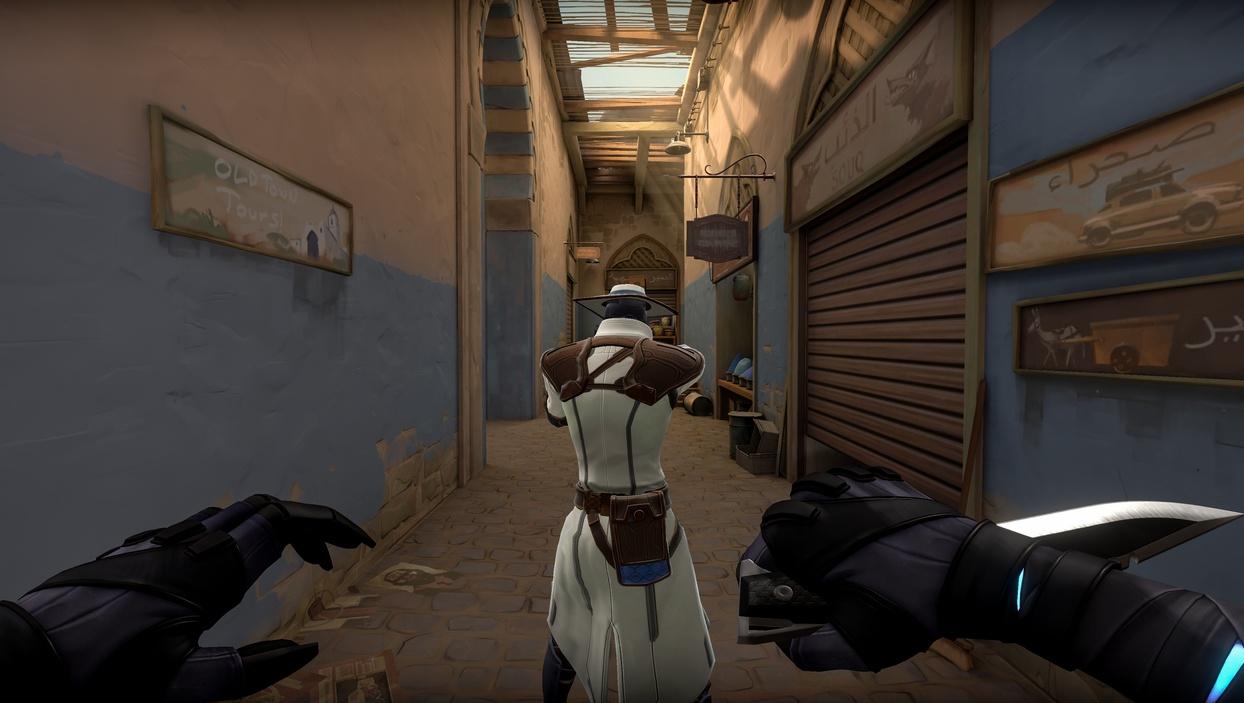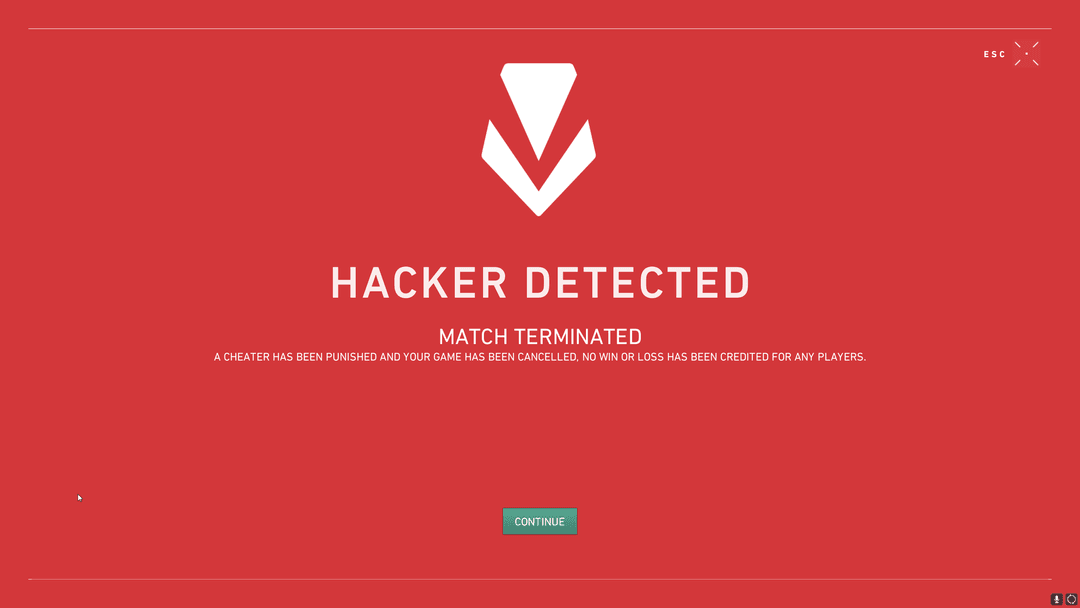Valorant anti-cheat lead Paul “Arkem” Chamberlain broke down some in-game reporting statistics with the aim of encouraging players to report cheaters more often.
While Vanguard has proven quite capable of tracking down hackers, Arkem revealed that player reports are the “most powerful tools” against cheaters. Reports go directly to the anti-cheat team, informing them of any suspicious activity. This gives them a better understanding of players’ in-game experiences and what needs to be done to address any issues.
What happens when you report a player in Valorant?
In their most recent blog post, Valorant developers decided to break down the life cycle of a report, giving players more insight into how powerful a tool this can be against cheating.
When it comes to the automated side of the anti-cheat team’s process, Vanguard backend uses reports to decide whether a player should receive “additional scrutiny.” This decision may be based on the number of reports Vanguard has received about an account. If a player was reported a high amount of times, Vanguard will be more confident in its findings, allowing the account to be blocked faster without the need for a manual review.
On the manual side of things, analysts will review “the most suspicious players” every day, starting with the players who are reported the most often.
“These manual reviews help us find cheats that aren’t automatically detected that we then use to improve Vanguard so that automatic detection (and bans) will happen in the future. We also use these manual reviews as an opportunity to remove the most disruptive players ahead of schedule,” Arkem explained.
The anti-cheat lead noted that “ban waves” are often implemented to keep cheat developers in the dark as to whether or not their cheat is being detected.
Arkem added that manual reports help them understand the effectiveness of Vanguard.
“If the overall number of reports is going up then that’s a sign to us as developers that players are feeling bad about the integrity of the game (regardless of the accuracy of each individual report). Likewise one way we can assess the effectiveness of Vanguard is by comparing the percentage of players reported for cheating versus the percentage of players detected by Vanguard,” Arkem said.
The numbers behind Valorant cheating reports
Valorant developers decided to break down the reporting, shining a light on just how little players actually report each other.
According to Arkem, 97% of players have never been reported. Of the 3% of players who have been reported in Valorant, more than 80% were reported by a single player. 90% of players were reported by fewer than three people.
“To put this another way,” Arkem said, “only 0.6% of players have received more than 1 cheating report and only 0.3% have received 3 or more. However, reports and cheaters aren’t perfectly correlated, many reported players are innocent and not all cheaters get reported before they’re banned.”
Currently, only 53% of banned cheaters were reported for their ban. Only 60% of players with 20 reports get banned after they’re reviewed.
“But even without a perfect correlation, reports are extremely helpful,” Arkem added.
The anti-cheat team then urged Valorant players to report more often. Whenever a player seems something suspicious, the anti-cheat team encouraged them to use the reporting system. They called these reports the “best intelligence” the team could ask for when it comes to getting hackers and cheaters banned from the game.












